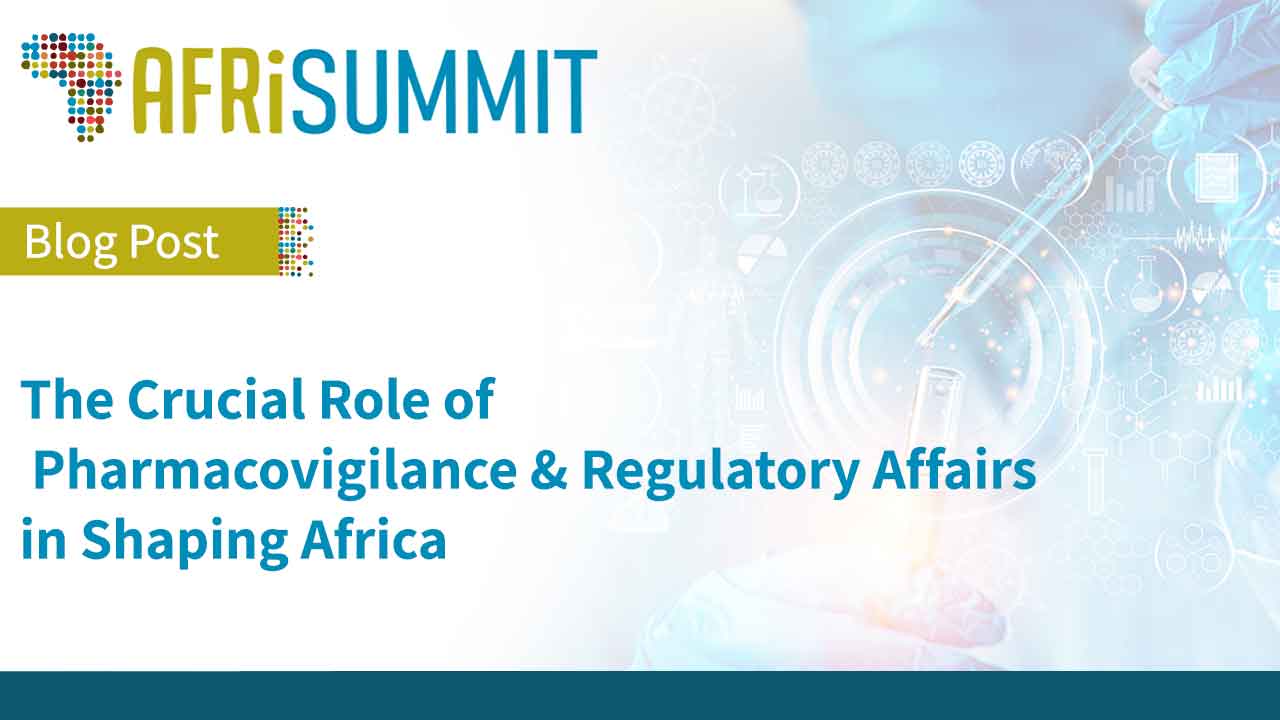The Crucial Role of Pharmacovigilance and Regulatory Affairs in Shaping Africa’s Pharmaceutical Industry
In recent years, the African continent has witnessed significant growth and development in its pharmaceutical industry. This progress can be attributed to various factors, with one of the most vital being the establishment and strengthening of pharmacovigilance and regulatory affairs departments.
These departments play a crucial role in ensuring the safety, efficacy, and quality of pharmaceutical products, ultimately shaping the landscape of healthcare in Africa. In this blog post, we will explore the importance of pharmacovigilance and regulatory affairs in Africa and how they contribute to the growth and advancement of the pharmaceutical sector.
Ensuring Safety and Efficacy:
Pharmacovigilance, the science, and activities related to the detection, assessment, understanding, and prevention of adverse effects or any other drug-related problems, is of paramount importance in the pharmaceutical industry. In Africa, the establishment of robust pharmacovigilance systems has helped safeguard public health by monitoring the safety and efficacy of medicinal products available on the market.
Through the collection and analysis of data on adverse drug reactions, these departments can identify potential risks, take appropriate actions, and ensure the continued safe use of medications.
Furthermore, regulatory affairs departments are responsible for setting and enforcing stringent standards for the approval and marketing of pharmaceutical products.
They ensure that all medicines meet quality requirements, both in terms of ingredients and manufacturing processes. By implementing these regulations, the pharmaceutical industry in Africa can build a foundation of trust and reliability, not only within the continent but also on a global scale.
Fostering Research and Development:
Pharmacovigilance and regulatory affairs departments also play a pivotal role in promoting research and development activities in the African pharmaceutical industry. By establishing favourable regulatory frameworks and creating efficient approval processes, these departments encourage local and international pharmaceutical companies to invest in the development of new drugs and technologies. This, in turn, fosters innovation and leads to the introduction of novel and more effective therapies to address the healthcare challenges faced by African populations.
Attracting Investments and Strengthening Local Manufacturing:
The presence of well-functioning pharmacovigilance and regulatory affairs departments is vital in attracting foreign investments to the African pharmaceutical industry. International pharmaceutical companies seek markets that provide a transparent and reliable regulatory environment to ensure the safety and quality of their products.
By developing strong regulatory systems and adhering to international standards, African countries can establish themselves as attractive investment destinations and create opportunities for technology transfer and knowledge exchange.
Moreover, a robust pharmacovigilance and regulatory affairs framework can boost local manufacturing capabilities.
By setting quality standards and enforcing compliance, these departments promote the development of local pharmaceutical manufacturing facilities. This not only reduces dependence on imported medicines but also creates job opportunities and contributes to economic growth in the region.
Conclusion:
Pharmacovigilance and regulatory affairs departments are indispensable in shaping the pharmaceutical industry in Africa.
By prioritizing the safety, efficacy, and quality of medicinal products, these departments ensure public health and build trust within the healthcare system. Moreover, they foster research and development, attract investments, and promote local manufacturing, leading to the growth and advancement of the African pharmaceutical sector.
To achieve sustained progress, it is crucial for African countries to continue strengthening their pharmacovigilance and regulatory affairs departments.
This can be accomplished through investment in training, capacity building, and the establishment of effective collaborations with international regulatory bodies. By doing so, Africa will be able to unleash the full potential of its pharmaceutical industry, improving healthcare outcomes and contributing to the overall well-being of its population.





Leave a Reply
Want to join the discussion?Feel free to contribute!